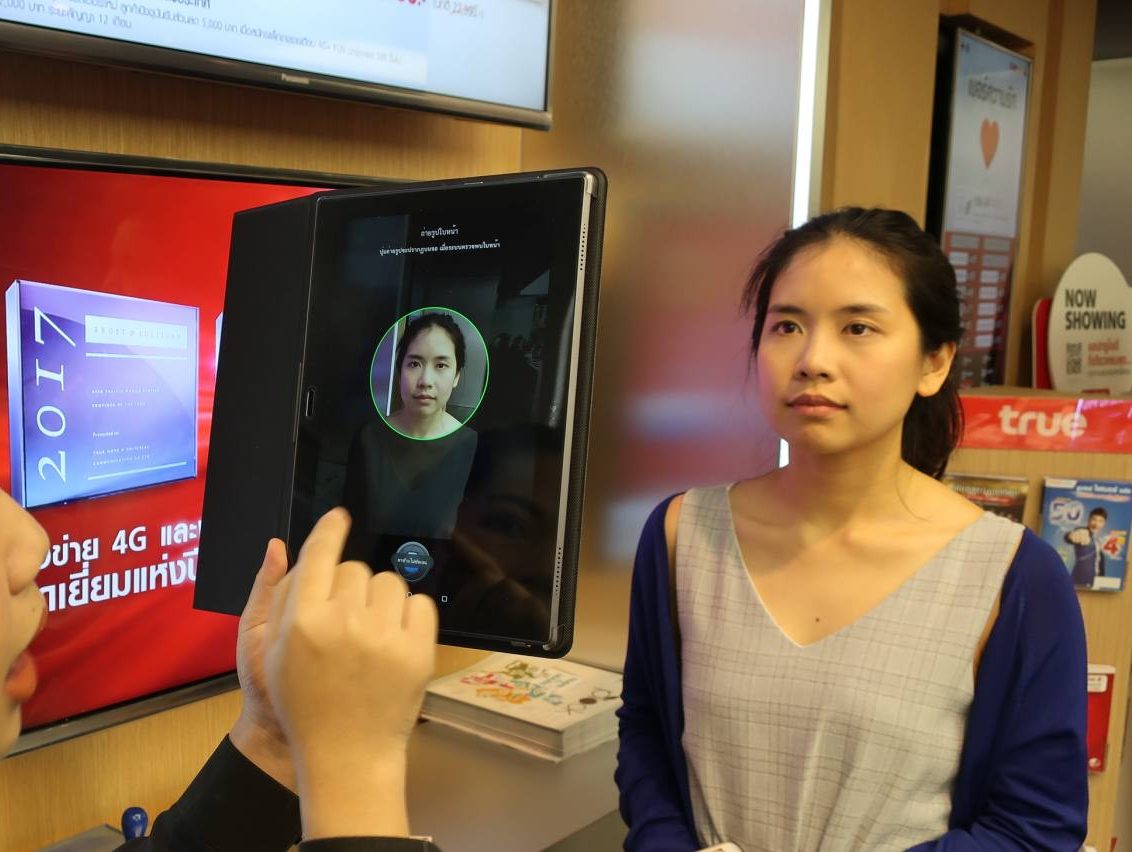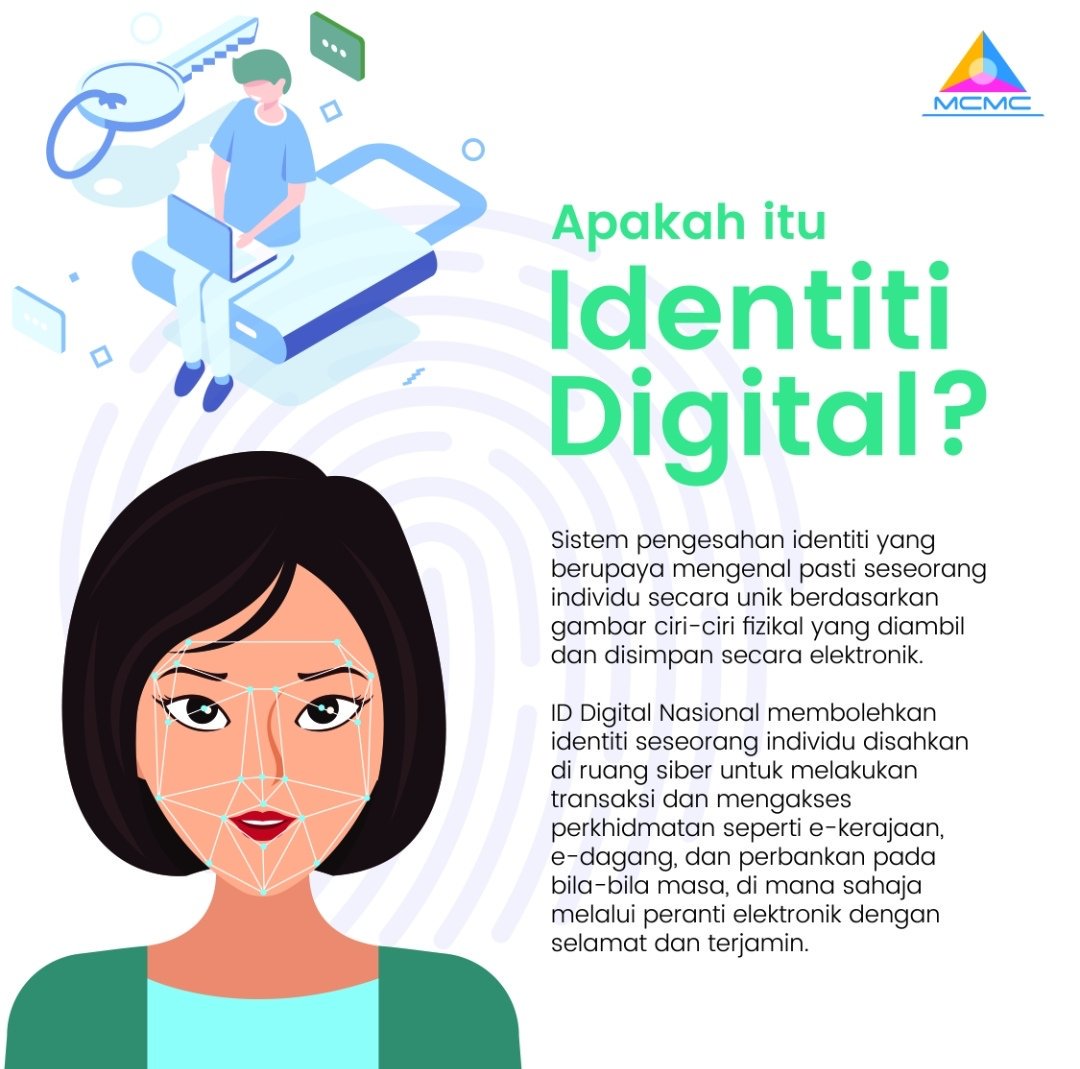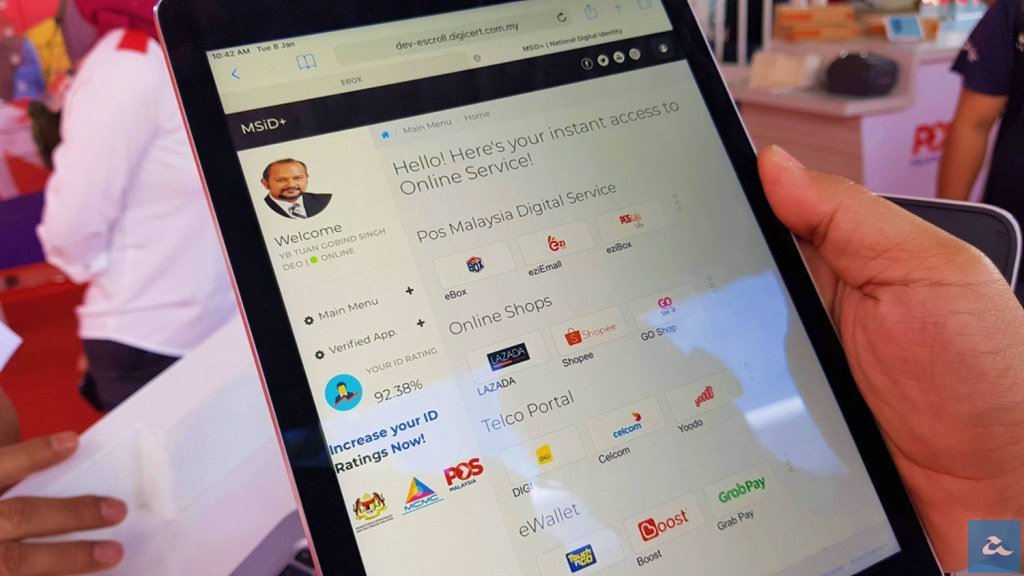Will MCMC Use Facial Recognition On Malaysians To Create Our National Digital ID?
 Thirsty for JUICE content? Quench your cravings on our Instagram, TikTok and WhatsApp
Thirsty for JUICE content? Quench your cravings on our Instagram, TikTok and WhatsApp

According to a statement from the official Communications and Multimedia Ministry(MCMC) Facebook yesterday, the Cabinet has approved the implementation of the National Digital Identity (National Digital ID) initiative.
The National Digital ID is not a replacement for the existing National Registration Identity Card (NRIC) nor is it compulsory. Instead, it’s an advanced method of authenticating a user’s identity online, and according to MCMC’s official tweet on the project, the digital ID will be able to recognise you through facial recognition based on your online pictures.

It will supposedly help increase the credibility of online applications and digital identities of Malaysians as well as assist consumers to carry out business transactions safely and entrepreneurs to expand their businesses.
The study would commence in September for a period of nine months to identify a suitable implementation model.
“This study will identify a holistic National Digital ID framework and will propose recommendations to the government on appropriate implementation models that meet the needs of the people and businesses,” the Communications & Multimedia Ministry announced.
“Whether it is a user setting up an account for the first time, logging-in to obtain government service or doing business or making a digital payment, the National Digital ID enables the digital service providers to make highly accurate trust decisions in real-time,” the ministry said.

They also added that it will be convenient for Malaysians as they no longer have to keep track of different usernames and passwords for various services or carry multiple tokens to transact digitally.
In regards to our cyber-safety, the National Digital ID is also expected to provide stronger security and trust for high-value transactions through greater identity assurance leveraging on robust technologies.
While this is an exciting leap for Malaysians, we hope it won’t turn into a Black Mirror episode. Currently, countries like China are using digital surveillance to sideline minority groups and democracy. And back home, security breaches are occurring more frequently as well, like what happened to KLIA recently and telcos during the massive data leak last year.
Let’s just hope that our government will safeguard our data dutifully in this new era of digitisation.
For more news, click here.

 Get Audio+
Get Audio+ Hot FM
Hot FM Kool 101
Kool 101 Eight FM
Eight FM Fly FM
Fly FM Molek FM
Molek FM
